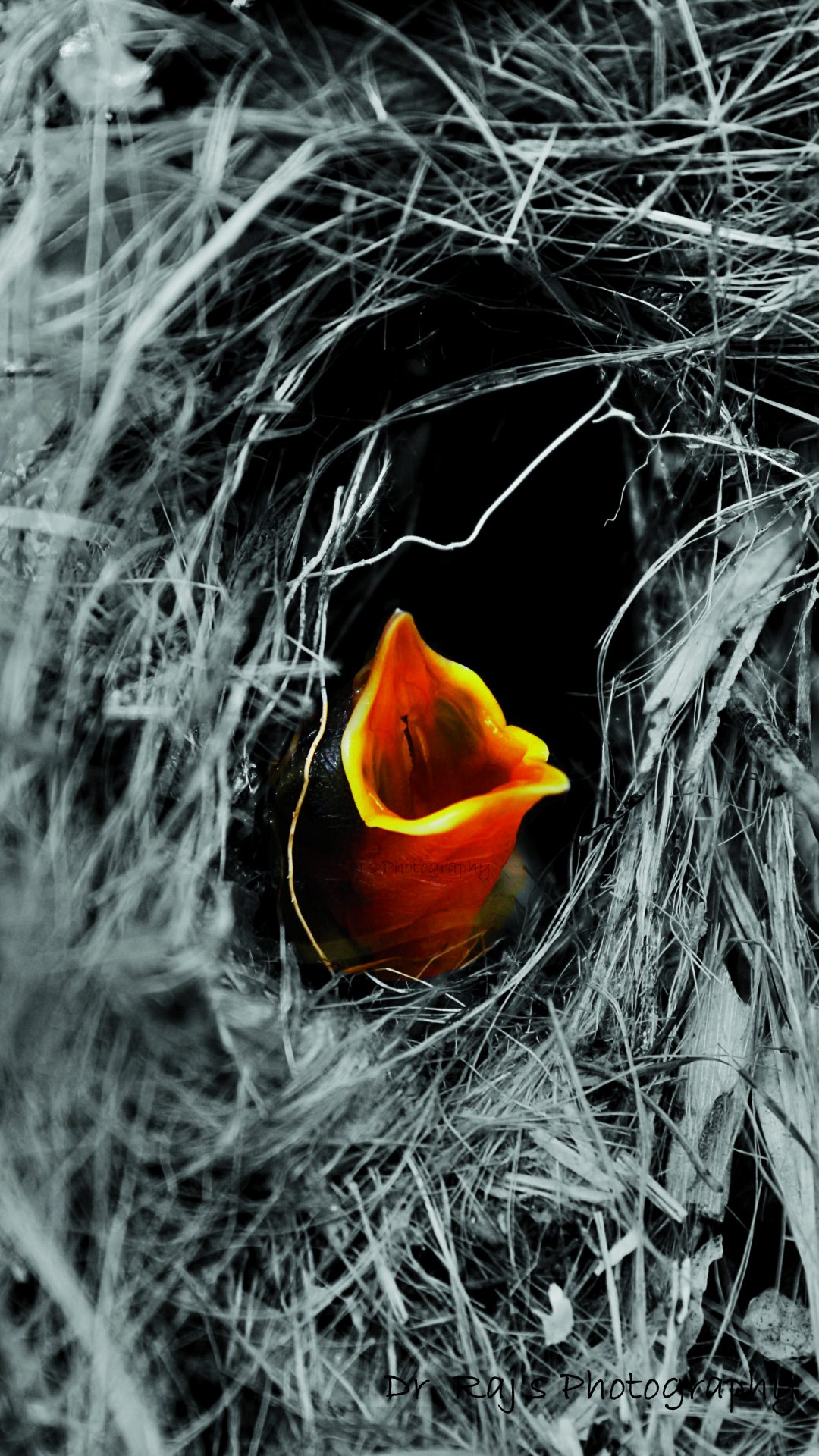On pro-natalism and motherhood after Dobbs (end of Roe v. Wade)
It’s not clear what the “ambivalent” women Berg and Wiseman are trying to reach are supposed to do with this information. It won’t bring much succor to someone who is trying to figure out how she will pay her rent.
But that is not the kind of woman that Berg and Wiseman are talking about. That much is clear from the writers’ methodology. Much of their discussion of millennials’ financial anxiety is derived from surveys that the authors conducted themselves, distributing questionnaires “through our social media platforms, friends, and acquaintances.” This turns out to be a narrow demographic. A shocking number of the respondents are referred to as “diplomats.” The way such people see the financial burdens of child-rearing is perhaps not representative. “I think about student debt a lot,” says one of their informants in a typical missive. “Because I don’t have any.”
Why the rise of pro-natalism now? It seems particularly conspicuous that the pro-baby cultural push would arrive so quickly on the heels of Dobbs. It may be that on some level, perhaps not always a conscious one, the millennial pro-natalists are trying to convince American women that the freedom they lost with Roe v. Wade was not worth having.
But to the pro-natalists, it is a given that children are what such women need. The question, then, is not so much “What are children for?” It is about what women are for.


So, 2nd wave (western) feminism had already debated back in the 70s over whether “motherhood” is a good metric or central component of “femininity”. If anything, that debate was among the reasons for splintering of 2nd wave and radfems/political lesbianism. (If it’s not obvious: if you use motherhood/womb-having/Divine Lifegiving-adjacent hooha as a measuring stick for womanhood, you don’t just exclude trans women (who werent even in their conversations back then) but you also toss out ‘womanhood’ of infertile women and women who choose not to have children. However it cannot be denied that gender is one of if not The first class division: ie along lines of reproduction; although we should keep in mind that societal organization and associated conditions evolve and present-day gendered class division is not solely predicated on reproductive status.) Unfortunately I have a lot more familiarity with the western liberal feminism side and less of marxist/revolutionary feminism/women’s liberation movements, which I hope to rectify. But… oof. girlboss power feminism just regressing into motherhood-as-womanhood-benchmark for “progressive” pro-natalism wasn’t on my bingo card this year.
Personally I’ve been team childfree most of my politically conscious life (reasons boiling down to my conditions are bad) but very hesitant to throw my weight towards anti-natalists. I know it’s mostly internet circlejerk when it comes to r/childfree using cringe lingo like “breeders” or “crotch goblins” but even disregarding more childish sentiments, in that sphere there’s a lot of wording of conscious objection to reproduction that leans really hard into malthusian-flavored ecofascism and doomerism; that the status quo and projections of the crumbing empire that leads to those positions are inevitable and can’t be changed. WELL. Guess I forgot about the pro-natalists. Reading this book review was an unpleasant (but I suppose needed) walk down memory lane.
Anyway, as the author of the book review/article points out, this wave of pro-natalism in US/western liberal democracy is timed conspicuously in the wake of Dobbs (ie takedown of Roe v. Wade). Forget about abortion rights or choice, didn’t need em!
Meanwhile, AES countries continue to protect reproductive rights and generally have better healthcare and public health policies. Cases like China that are seeking to increase birth rate, at least put effort into materially supporting local govts and families towards this goal. cgtn article 2021-5-27 | reuters article 2024-10-28 | cn gov article 2024-10-28